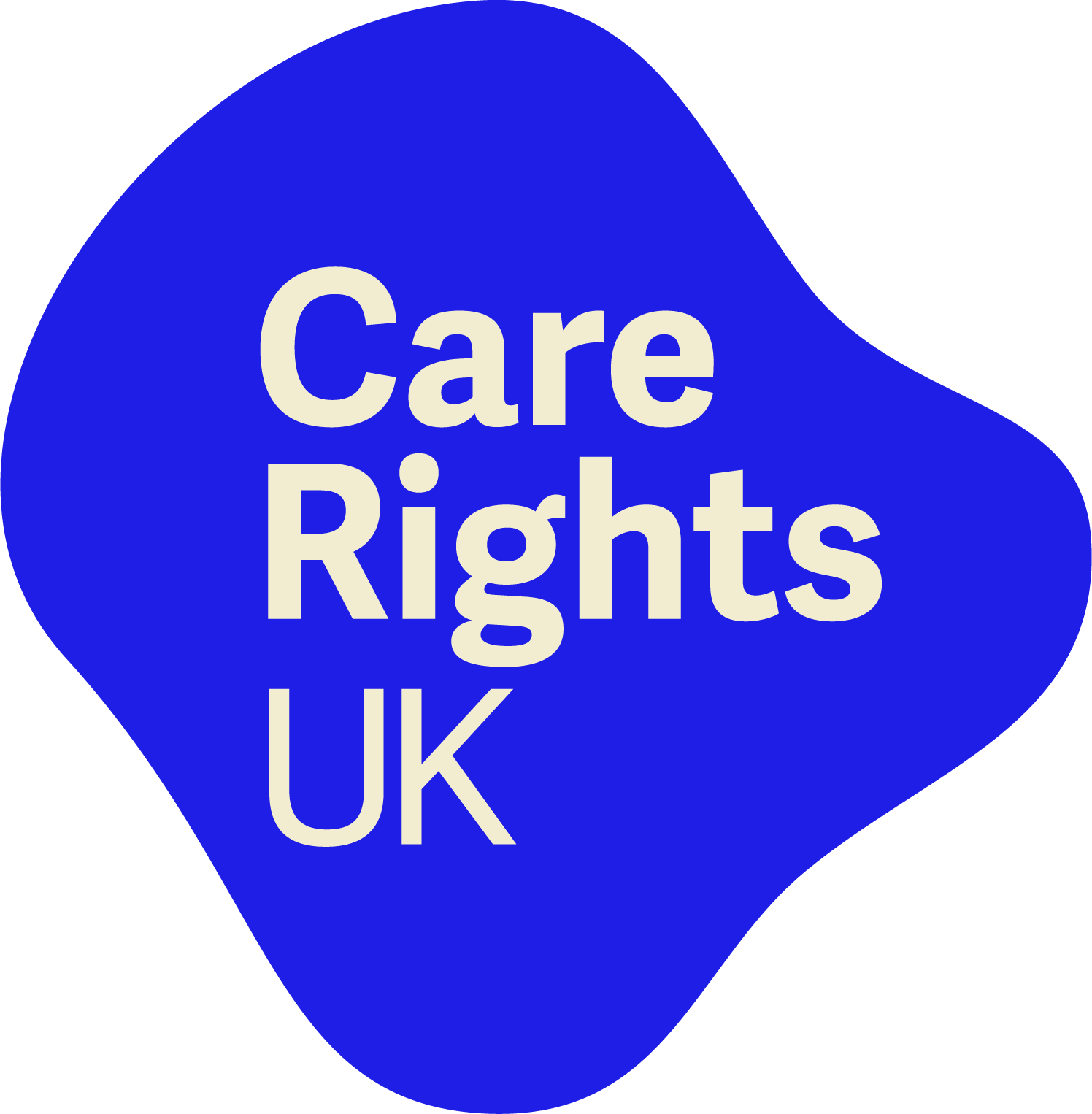Abuse has no place in care
The footage of Ann King, an 88 year old woman living with dementia, being physically and mentally abused at a luxury care home is harrowing and deeply upsetting. Abuse has no place in care and is a breach of fundamental human rights. The footage will be disturbing and worrying for families who have relatives in care. For families who themselves have tried to raise concerns about care and been dismissed or ignored, this will chime all too chillingly.
Abuse and toxic cultures thrive when there is little monitoring and accountability
The system is stacked so heavily against people living in care and their families. The power imbalance in care settings is so skewed against residents and their families. They are in such a vulnerable position, too easily dismissed as ‘expecting too much’ or ‘problem relatives’. There is so little support for people to raise concerns and be taken seriously and they are facing a heavy evidential burden to be heard. When relatives can face visiting bans or residents an eviction notice for raising too many questions or making a complaint, all too often they are afraid to rock the boat, as we hear on our helpline.
It should not even fall to families to fight these battles. The Care Quality Commission is there to make sure care services are safe and of good quality. Time and again we hear of people being failed by the regulator. Last week it was a care home in Cambridgeshire finally closed 3 years after families raised concerns, the week before it was abuse in a mental hospital in Prestwich. Abuse and toxic cultures thrive when there is little monitoring and accountability, by the management, by the owners, by the regulator and by safeguarding teams. Older people are paying a heavy price for these failings and are being let down by the very systems designed to protect their rights.
What to look for in a care home
Below we share some pointers on what to look for when choosing a care home:
Stability of staff, is there high reliance on agency staff?
Are all staff (including cleaners, maintenance, admin, kitchen staff) trained in dementia and how to communicate with people living with dementia? Do they know how to interact well, defuse situations, and reassure anxious residents?
Check visiting guidance, CQC recognise a general link between poor visiting policies and problems with care. Winter is coming and COVID is again on the rise, so ensuring access in outbreaks and how that is manage is important.
If the person is assessed as lacking capacity on a decision, or would like you to represent them, how will the care home involve you in their care? How do they share care planning, how often do they review it? It should be monthly.
Who supervises and supports night care staff and how? It should be equivalent support to day staff to ensure the level of care is maintained. Beware reliance on emergency telephone numbers.
Are you being sold things the person can’t use at the expense of care? En-suites too small for them to get into? Spas or gyms that are inaccessible to most residents?
How does the home support medical appointments including dentist appointments, GP and hospital, as well as opticians? This may be an extra cost, but it is important that residents are supported to maintain their health.
What activities are run, who by and who supports the residents to join in? Are they appropriate for your loved one?
What access to the community does the home have? Have they made connections with local groups to ensure residents have regular contact with their community?
Do they have a garden and is it set out and safe to enable residents to use it as they wish or just for show?
Check all CQC reports to see how care standards are being maintained. Beware of homes where the rating yo-yos. Is the current manager the same as the manager in the last report? If the report is pre-pandemic, ask how things have changed since.
If you can visit and have a meal or afternoon tea in the care home with your family member, it is a good way to see how staff interactive with residents. How confident and supportive are they and how well do they know residents?
Do they have systems in place to ensure residents are supported to use hearing aids, dentures, or spectacles and ensure they do not loose them? Do they label them and ensure staff check down sides of chairs or napkins to ensure the do not get lost or thrown away?
If you have concerns about care standards, abuse or neglect at your care home, as a resident or a care worker, or as a relative or friend, please contact our helpline.
To keep up to date on our work championing the rights of older people needing care, please follow us on Facebook or Twitter, and signing up to our eNews
